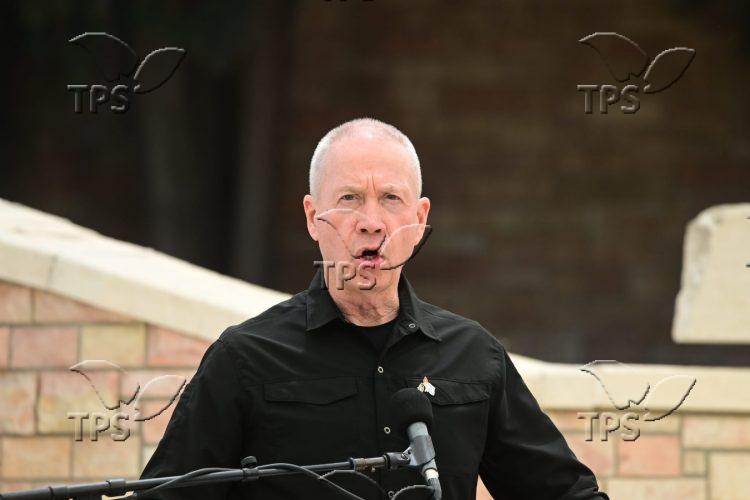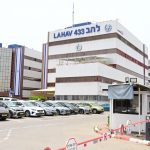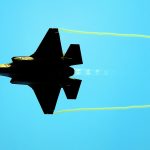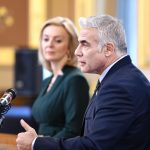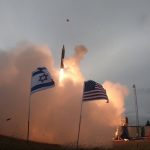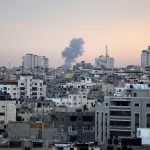Israeli, US Defense Chiefs Discuss Iran Threat as Nuclear Sub, Strike Force Deployed to Region
Jerusalem, 12 August, 2024 (TPS-IL) -- The Pentagon took the unusual step of publicizing the deployment of a nuclear-powered submarine to the region on Monday tensions with Iran remained high.
The Pentagon said US Secretary of Defense Lloyd Austin ordered the deployment of the USS Georgia, a guided missile submarine, after discussions with his Israeli counterpart, Yoav Gallant. The US rarely publicizes the deployment of its submarines.
Gallant detailed the Israeli military’s readiness and capabilities as threats from Iran and its Shi’ite proxies remain high.
Austin also ordered the USS Abraham Lincoln carrier strike force to accelerate its deployment to the region, where it will augment the USS Theodore Roosevelt strike force.
In the overnight hours, Hezbollah launched around 30 projectiles in the area of Kibbutz Kabri in the Western Galilee. No injuries were reported and Israeli forces struck the sources of fire.
The threat of wider war has escalated since the assassination of Hamas leader Ismail Haniyeh in Tehran. Iran blames Israel, which has not confirmed or denied responsibility.
Hezbollah has vowed revenge for a separate Israeli airstrike in Beirut which killed Fuad Shukr. He was responsible for a deadly rocket attack on Majdal Shams, which killed 12 children in the Druze village. A member of Hezbollah’s Jihad Council, the terror group’s highest decision-making body on military affairs, Shukr was regarded as Hezbollah’s “Defense Minister” and right-hand man to Hezbollah chief Sheikh Hassan Nasrallah.
Nearly 80,000 Israelis were forced to evacuate their homes near the Lebanon border when Hezbollah began launching rockets and drones in October. Hezbollah leaders have said they will continue the attacks to prevent Israelis from returning to their homes. The attacks have killed 26 civilians and 18 soldiers.
Israeli officials have been calling for Hezbollah to be disarmed and removed from southern Lebanon in accordance with UN Security Council resolution 1701, which ended the 2006 Second Lebanon War.

